Apple gets a sales ban on Samsung smartphones found to infringe on its utility patents
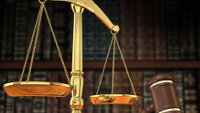
US District Judge Lucy Koh has ordered Samsung to stop selling a number of Android smartphones that were previously found to infringe on Apple utility patents. At large, Samsung has already stopped selling the smartphones in question, but it appears that this ruling might have deeper implications for future patent infringement cases.
The Samsung smartphones that are now banned in the US include the Galaxy Nexus, the original Galaxy Note and the Note 2, the Galaxy S2, the Galaxy S2 Skyrocket, the Stratosphere, and the Samsung Galaxy S3. Launched back in 2012, the latter is the most recent phone in the list.
Back in May 2014, a jury found that some of Samsung's Android smartphones infringe on at least two out of three Apple utility patents that cover quick links, slide-to-unlock, and automatic word correction. Samsung was ordered to pay $119.6 million, but Apple had failed to get an injunction on Samsung's smartphones.
Back in May 2014, a jury found that some of Samsung's Android smartphones infringe on at least two out of three Apple utility patents that cover quick links, slide-to-unlock, and automatic word correction. Samsung was ordered to pay $119.6 million, but Apple had failed to get an injunction on Samsung's smartphones.
Throughout the entire Apple vs Samsung court war, the Cupertino-based manufacturer often sought to obtain a US sales ban on Samsung smartphones found to be infringing on its utility patents. Until recently, judge Lucy Koh argued that Apple has failed to demonstrate that it will be irreparably harmed if Samsung is allowed to sell its patent-infringing handsets.
The narrative quickly changed back in September when the US Court of Appeals for the Federal Circuit sent the case back to court arguing that Samsung should be slapped with an import ban, statements echoed by judge Lucy Koh in today's filling:
While it may seem unimportant that Samsung was banned from selling that have largely disappeared from the US market, there are deeper implications to consider. In essence, there are worries that today's ruling will give more power to patent holders and the so-called patent trolls.
Earlier today, Samsung has received the support of multiple tech giants, all of which urged the US Supreme Court to reform patent law as to fit the modern context. Modern smartphones are covered by as much as 250,000 patents, and if one patent infringement is enough to warrant a sales ban, then patent holders could have a lot more leverage when patent agreements are negotiated.
"The court finds that Apple will suffer irreparable harm if Samsung continues to use its use of the infringing features, that monetary damages cannot adequately compensate Apple for this resulting irreparable harm, and that the balance of equities and public interest favor entry of a permanent injunction,"
While it may seem unimportant that Samsung was banned from selling that have largely disappeared from the US market, there are deeper implications to consider. In essence, there are worries that today's ruling will give more power to patent holders and the so-called patent trolls.
source: CNET

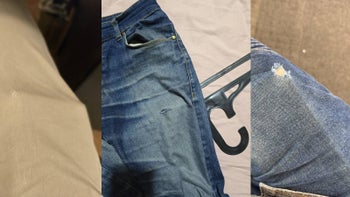
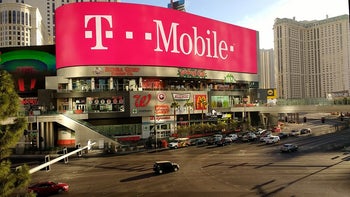
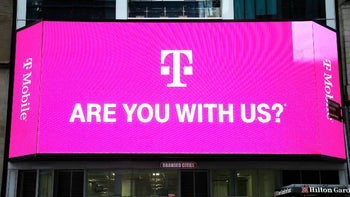
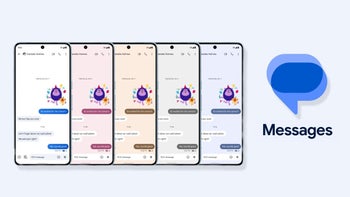
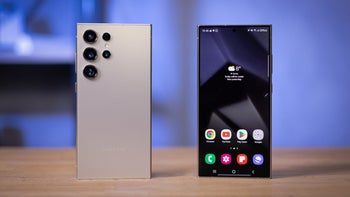
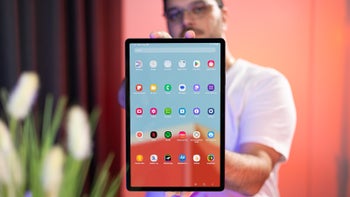
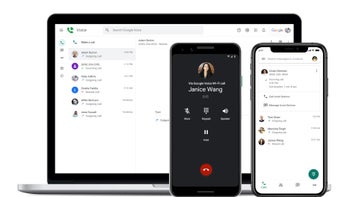
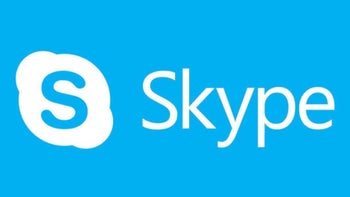
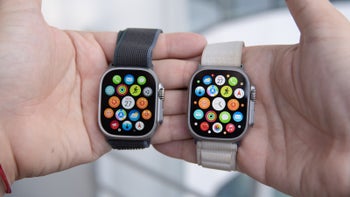
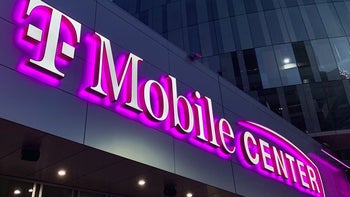
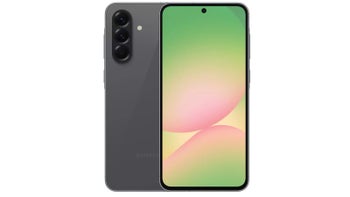
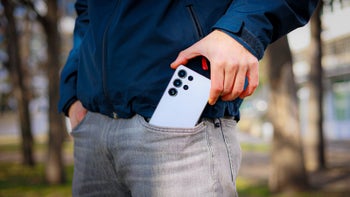
Things that are NOT allowed: